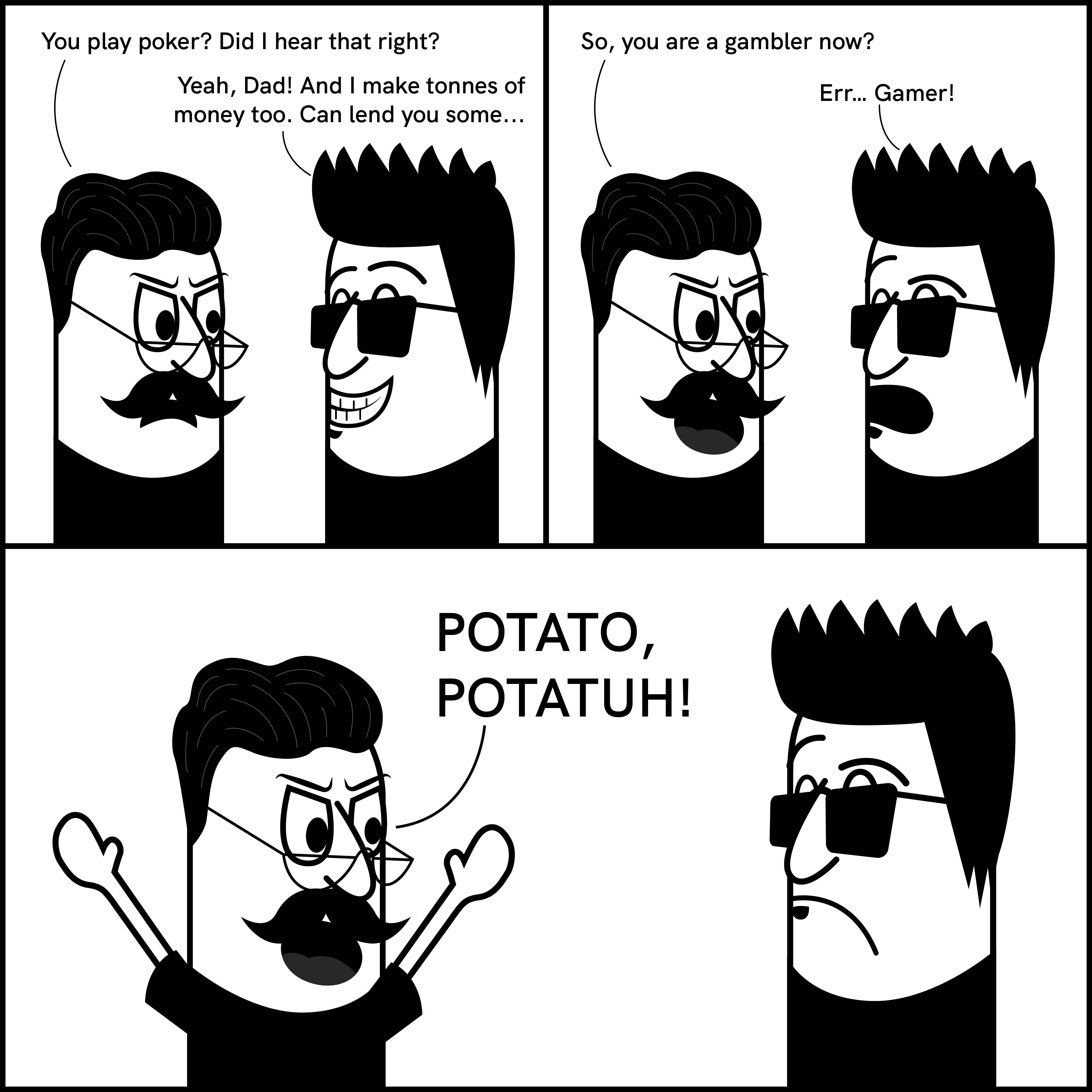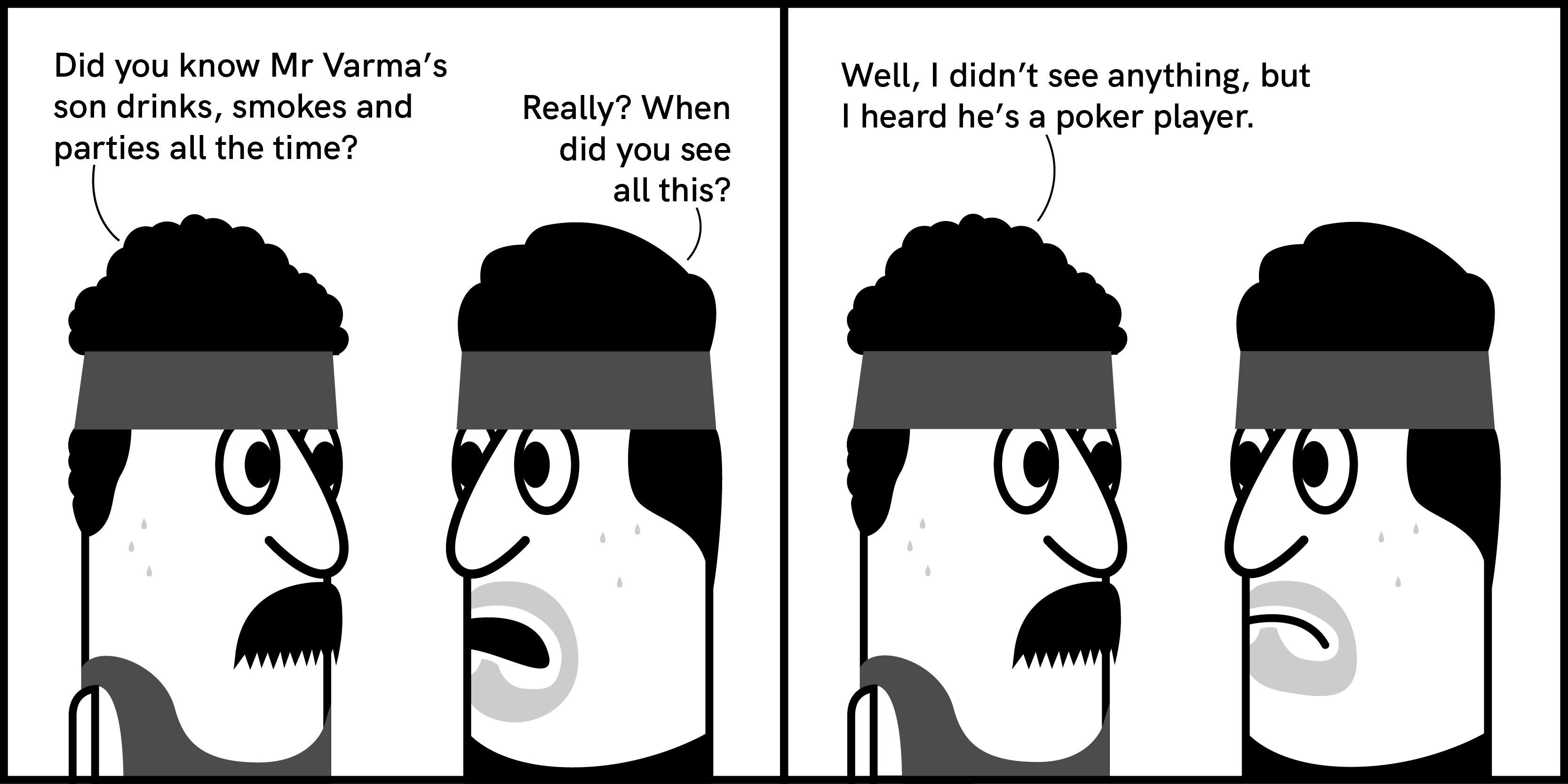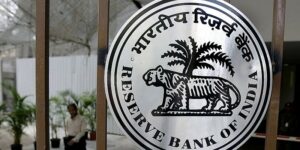
When Poker Sports League premiered its fifth season on JioCinema in July this year, it marked a pivotal moment for the game in India. From being played in college hostels, casinos, or at home on Diwali, poker has transgressed into a more formalised online industry akin to other esports.
The league—the IP of Mind Sports League Pvt Ltd—gives a platform to both professional poker players and beginners from across the country to participate in a team-based format and win a massive pool prize.
While the gaming industry and the government debate over whether it counts as a skill-based or chance-based game, the poker scene in India continues to make its mark. Its compounded annual growth rate (CAGR) is estimated at nearly 16.9% and is projected to reach $346 million in size by 2030, as per data by Custom Market Insights.
Over the years, a number of online platforms have sprouted vying for the attention of poker players across all levels of skill. Currently, 28 startups in India are dedicated to hosting poker games, as per data from Tracxn. The largest such platform is Pokerbaazi.
“At PokerBaazi, we have witnessed 80% YoY growth in revenue in the last financial year compared to the previous one and we have achieved more than 70% CAGR over the last three years. Currently, our user base has grown to over 3.5 million users,” Varun Ganjoo, Co-founder and Chief Marketing Officer at PokerBaazi tells YourStory.
This growth momentum is now under serious threat with the recent decision of the GST Council to impose 28% GST on bets, especially in the realm of online gaming. According to Pranav Bagai, Founder and CEO of Poker Sports League, while bigger startups might be able to absorb the blow, the revised tax regime may be too high a barrier for newer entrants.
“The only ones who can survive are other big companies having a lot of money in the bank, and can slowly adapt, change their strategies and survive,” he says.
Poker startups have a lot to lose given how recently and quickly they boomed.
<figure class="image embed" contenteditable="false" data-id="523393" data-url="https://images.yourstory.com/cs/2/5ac1462017c711edb77c4752549ba505/RiseofPokerV2Cartoon3-1691848279388.jpg" data-alt="Poker comic strip 3" data-caption="
Comic Strip by Nihar Apte
” align=”center”> Comic Strip by Nihar Apte
Domino effect
The shift from playing poker offline or on websites to playing on apps came as a turning point for the industry in India, giving players easy access. In February 2020 alone, there were about three million active poker users in the country, as per a report by Fantasy Sports King.
Several others took to the game in droves during the pandemic as they had a lot of time on their hands.
Kanchan Sharma, 29, never thought she’d get into poker. As a techie working at a large multinational firm, things were going great until she played her first poker game in 2018.
“I lost a lot of money in that game, but I remember feeling hooked to it,” she recalls. A year later, Sharma gave up her full-time job to pursue poker professionally. In the last four years, she has seen everything—from the adrenaline rush of winning a game in the last few rounds to losing almost all her earnings at once. However, she is firm in her belief that the game doesn’t always boil down to chance.
While the popularity of online poker has diminished slightly, it still plays a prominent role in introducing the game to beginners. According to Mohit Kalra, a prolific salesman of poker chipsets across the country, events are now making a comeback in full swing.
“We used to see during all these Diwali parties people ordering just one table…now they are ordering several tables. I feel there has been a rush in trying to play poker, particularly during this period of the year,” he notes, adding that many also organise poker nights for their weddings.
<figure class="image embed" contenteditable="false" data-id="523391" data-url="https://images.yourstory.com/cs/2/5ac1462017c711edb77c4752549ba505/RiseofPokerCartoon1-1691848169997.jpg" data-alt="poker comic 1" data-caption="
Comic strip by Nihar Apte
” align=”center”> Comic strip by Nihar Apte
In 2022, the real-money gaming segment accounted for 77% of India’s gaming sector revenues amounting to Rs 13,500 crore, as per a FICCI-EY report. According to a study by eSports Players Welfare Association, the success of online gaming has had domino effect on other aspects of the industry. Services like professional gaming, coaching, content creation, streaming, and game designers are all seeing an uptick in demand.
Poker mania
While poker may attract a core following, it doesn’t attract viewership on the lines of chess or battle royale games. “We realised pretty quickly that there are only a small number of people who can actually watch poker, or know the game enough to sit and watch a full stream,” says Bagai. “We looked at how we could Sportify this format…so we came up with pre-shows, one where we are talking about the player.”
The team at Poker Sports League set up AR/VR graphics for poker followers to familiarise themselves with the players.
Aside from its online offerings, PokerBaazi also recently launched its own offline poker tournament, Baazi Poker Tour, whose last edition—its fifth overall—attracted nearly 1,000 players.
Obstacles remain
The elephant in the room is regulation.
Five states in India—Tamil Nadu, Andhra Pradesh, Odisha, Gujarat, and Arunachal Pradesh—have outright banned such games. While some territories like Delhi, Madhya Pradesh, and Uttar Pradesh have adopted the Public Gaming Act with some amendments, others including Goa, Sikkim, Daman, Meghalaya, and Nagaland have drafted specific laws to regulate public gambling in their jurisdictions.
This not only makes access to poker games a little difficult but players also find it hard to avail the right resources like a coach, team, or tournaments to grow their careers.
In the online realm, if a player is duped on an offshore platform, there is little recourse available.
“If a player unfortunately plays on an offshore platform, it may be difficult for them to exercise their legal right…when it comes to onshore also, there is a bit of scepticism,” says Shivani Jha, Director of Esports Players Welfare Association (EPWA)
<figure class="image embed" contenteditable="false" data-id="523392" data-url="https://images.yourstory.com/cs/2/5ac1462017c711edb77c4752549ba505/RiseofPokerV3Cartoon2-1691848225334.jpg" data-alt="Poker comic 2 " data-caption="
Comic strip by Nihar Apte
“> Comic strip by Nihar Apte
“At the moment it can even be tough to decipher where and which format of the game is legal,” she notes.
A study by the EPWA titled ‘Understanding the Profiles and Perspectives of Online Skill-based Gamers’ found that in India, online gamers are often put in the same bucket as gamblers, making it harder to earn a living.
“Since it’s a card game, I don’t think many families are very supportive of poker players even if they are crushing it and doing very well for themselves,” says Sharma. EPWA’s study also found that the stigma surrounding real money game has dissuaded most women from participating, with the ratio heavily skewed towards men.
However, poker continues to find favour. Ganjoo of PokerBaazi says the growth of online poker platforms has resulted in increased interest from both metropolitan areas as well as Tier II and III cities. “Virtual poker will likely continue to gain popularity due to its accessibility while offline poker will maintain its allure for players seeking the thrill of face-to-face competition and camaraderie,” he notes.
Cover image and comic strips by Nihar Apte.
Edited by Kanishk Singh



![Read more about the article [Funding alert] Public App by Inshorts raises Rs 300 Cr led by A91 Partners](https://blog.digitalsevaa.com/wp-content/uploads/2021/03/Eajz3g3UMAAI0aX-1608619243276-300x150.jpg)


![Read more about the article [Funding alert] Construction management app Powerplay raises $5.2M from Sequoia’s Surge and Accel Partners](https://blog.digitalsevaa.com/wp-content/uploads/2021/07/Image50pj-1625808020886-300x150.jpg)

![Read more about the article [Funding alert] Insurtech startup Riskcovry raises $5M in Series A led by Omidyar Network India](https://blog.digitalsevaa.com/wp-content/uploads/2021/03/Riskcovry-1590038290472-300x150.jpg)

